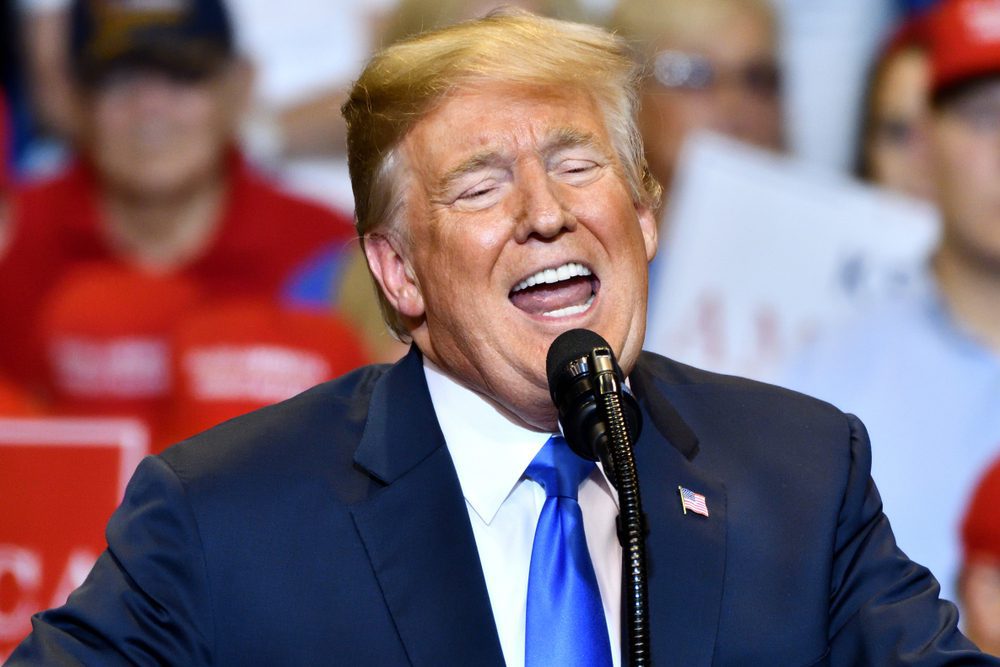Executive Summary
The Story So Far
Why This Matters
Who Thinks What?
President Donald Trump has filed a defamation lawsuit against The New York Times in federal court in Tampa, Florida, but legal experts and First Amendment scholars widely consider the action to be meritless. Several analysts suggest the lawsuit is primarily aimed at achieving a political rather than a legal or financial victory.
Legal Scholars Dismiss Claims
According to half a dozen lawyers and First Amendment scholars who spoke with CNN, Trump’s 85-page suit is unlikely to succeed in court. Rebecca Tushnet, the Frank Stanton Professor of the First Amendment at Harvard Law School, described the filing as “a statement of contempt for truth, the American public, the judicial process, and everything that deserves our respect in the American tradition.”
Tushnet pointed to specific legal defects, such as complaints about statements concerning Fred Trump, a deceased individual who cannot be defamed, as evidence of the suit’s lack of legal grounding. She emphasized that the suit’s primary purpose appears to be to threaten any criticism of Trump.
“Weaponized Litigation”
Journalism advocacy groups echoed these sentiments following the suit’s filing. Tim Richardson of PEN America stated that the lawsuit is part of a “dangerous pattern of seeking to punish any publisher that questions his narrative.” He argued that Trump’s intent is to drain financial resources, instill fear, and deter coverage he dislikes.
The Times and Penguin Random House, also named in the suit, both affirmed the lack of merit in the claims and vowed not to be swayed by what PEN America termed “weaponized litigation.”
A Pattern of Legal Challenges
This latest legal action aligns with Trump’s history of challenging media organizations. The lawsuit itself references his pending complaint against the Wall Street Journal and highlights past settlement payments secured from Disney, parent of ABC News, and Paramount, parent of CBS News.
Clayton Weimers, executive director of Reporters Without Borders’ US branch, suggested that Trump was “emboldened by the settlements with Paramount and Disney” to pursue another lawsuit over journalistic coverage he dislikes. Unlike these media conglomerates, The New York Times does not have competing business interests like theme parks or movie studios. The Times also has a track record of prevailing in previous lawsuits brought by Trump and his re-election campaign.
High Bar for Defamation
First Amendment scholar RonNell Andersen Jones noted that while the new lawsuit contains a lengthy list of grievances, “the vast majority of these issues likely aren’t actionable” in court. Media law professor Jonathan Peters of the University of Georgia explained that Trump and his legal team must prove “actual malice,” meaning The Times published false statements of fact with knowledge of their falsity or with reckless disregard for their truth.
Peters underscored that this is a very high bar, with courts consistently protecting political reporting and opinion tied to matters of public concern and supported by disclosed facts. He concluded that the reporting at issue falls squarely within these protections, making the suit unlikely to survive early stages of litigation.
Financial and Political Motivations
While the lawsuit’s legal merit is questioned, its financial implications are significant. Defending against multi-billion-dollar libel suits can incur millions of dollars in legal costs, even if the publishers ultimately succeed. However, experts believe it is highly unlikely that the costs would surpass the $16 million each that Disney and Paramount agreed to pay in their settlements with Trump.
Andersen Jones speculated that the primary goals are to create a legal filing that acts as a manifesto against the press, to lodge an action that will be staggeringly expensive to defend, and to hope the suit will provide leverage against a powerful source of critical investigative reporting.
Trump himself appeared to embrace the political nature of the lawsuit, posting on Truth Social, “I am getting amazing feedback on my lawsuit against The New York Times. The predominant feeling and sentiment is, ‘IT’S ABOUT TIME!’”








